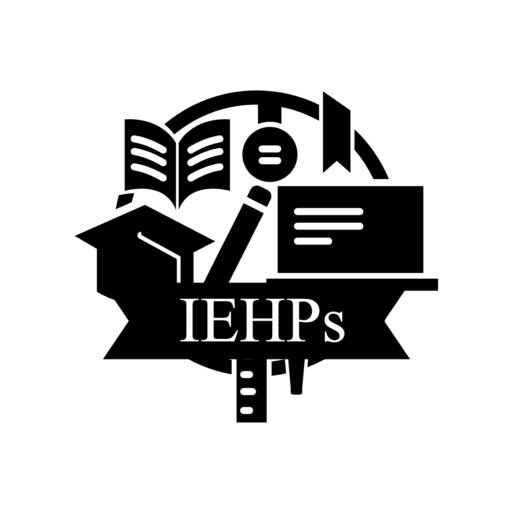PEBC Qualifying Examination
The PEBC Pharmacist Qualifying Examination is the national entry-to-practice exam used for PEBC certification. It has two Parts and assesses whether candidates meet Canadian entry-level pharmacist competencies.
Examination Structure
The PEBC Qualifying Examination is divided into two parts:
-
- Part I: Multiple Choice Questions (MCQ)
- Part II: Objective Structured Clinical Examination (OSCE)
Successfully passing both parts is essential for obtaining certification from the Pharmacy Examining Board of Canada (PEBC).
Part I: Multiple Choice Questions (MCQ)
Exam Format
-
Delivery: Computer-based (Prometric test centres; remote-proctored options may be offered depending on the sitting).
-
Duration: 4 hours 30 minutes.
-
Questions: 200 total (150 scored + 50 unscored pretest).
Linear-on-the-Fly Testing (LOFT)
PEBC uses LOFT to build equivalent exams in real time so candidates receive different question sets while maintaining fairness and blueprint coverage.
For more detailed information about LOFT, Click here
Scoring
-
Each question is worth one mark.
-
The number correct needed to pass can change from one administration to another due to exam difficulty; PEBC uses standard-setting and equating to keep the pass standard comparable.
-
Results are reported Pass/Fail (no numeric score released).
Part II: Objective Structured Clinical Examination (OSCE)
Exam Format
-
Delivery: In-person only
-
Stations: Mix of interactive and non-interactive stations with pharmacy practice scenarios.
What is assessed?
OSCE stations evaluate performance using standardized criteria, including:
-
Communication (interactive stations).
-
Outcome and overall performance (all stations; non-interactive stations do not include communication rating).
Scoring
-
Assessors score each station using a station-specific checklist and performance ratings.
-
Your Total Score is based on the sum of ratings across twelve scored stations (excluding the pretest station), and scores are standardized to account for difficulty differences between sittings.
-
Results are reported Pass/Fail (no numeric score released).
If you pass one Part and fail the other (Retake rule)
If you pass one Part and fail the other, you may retake only the Part you failed at a future scheduled sitting (new application + fee required).
Time limit: You must complete both Parts within 3 years of passing one Part. If you don’t complete both within 3 years, you must retake and pass the Part already completed.
Attempt limits: Maximum 4 attempts per Part (the 4th attempt requires acceptable remediation and Board approval conditions).
